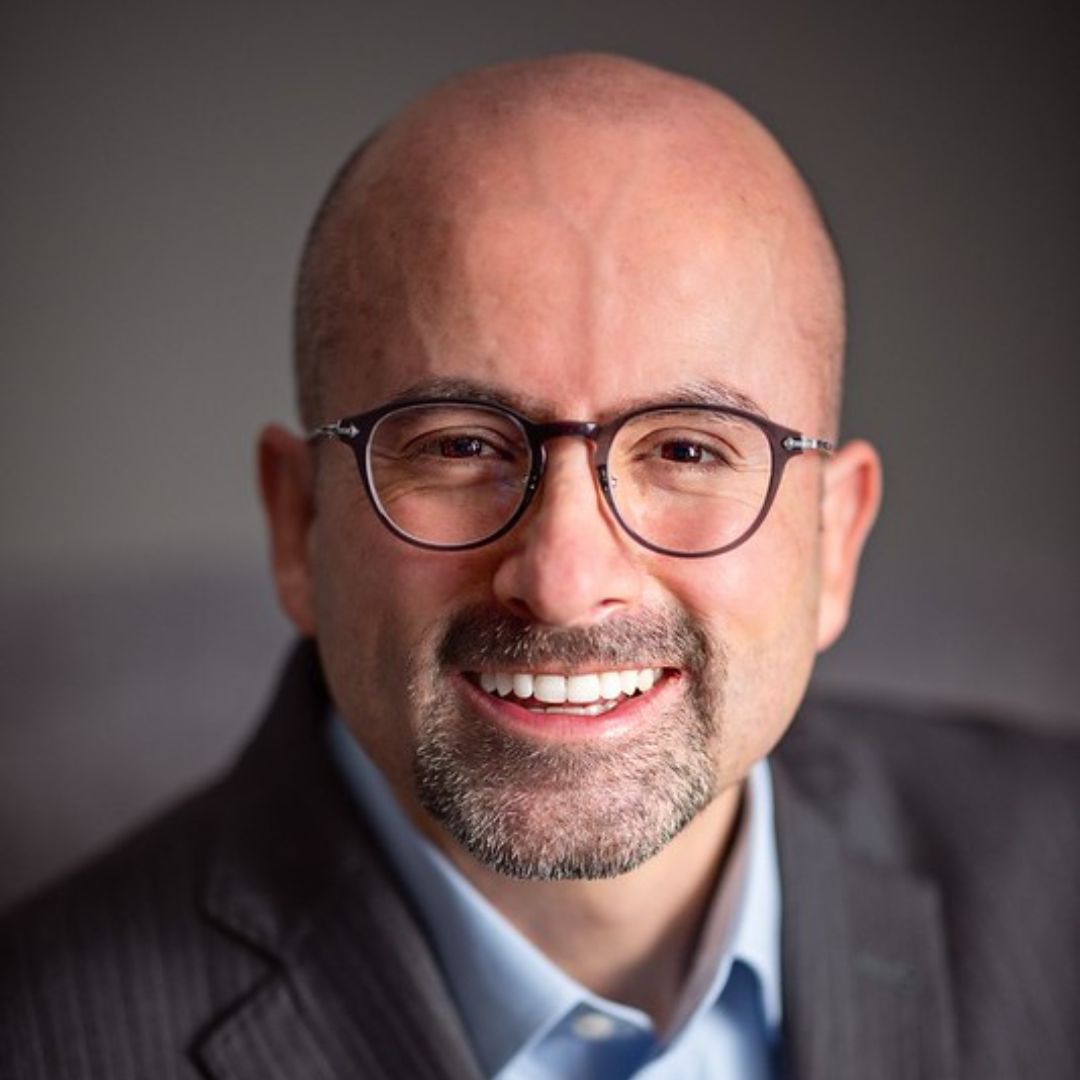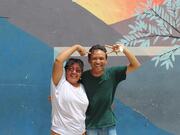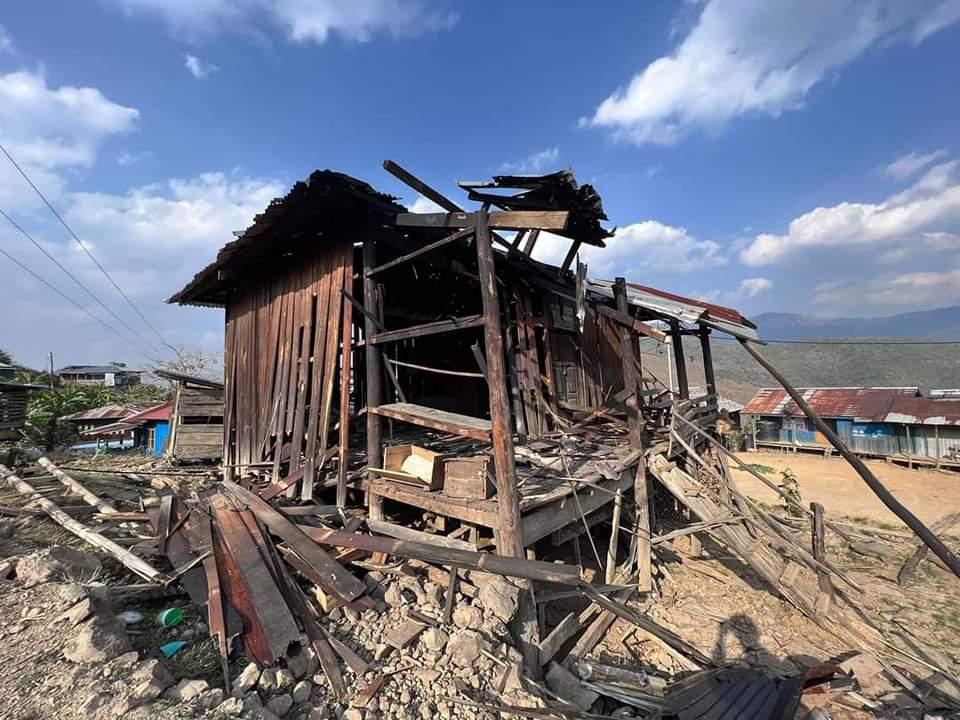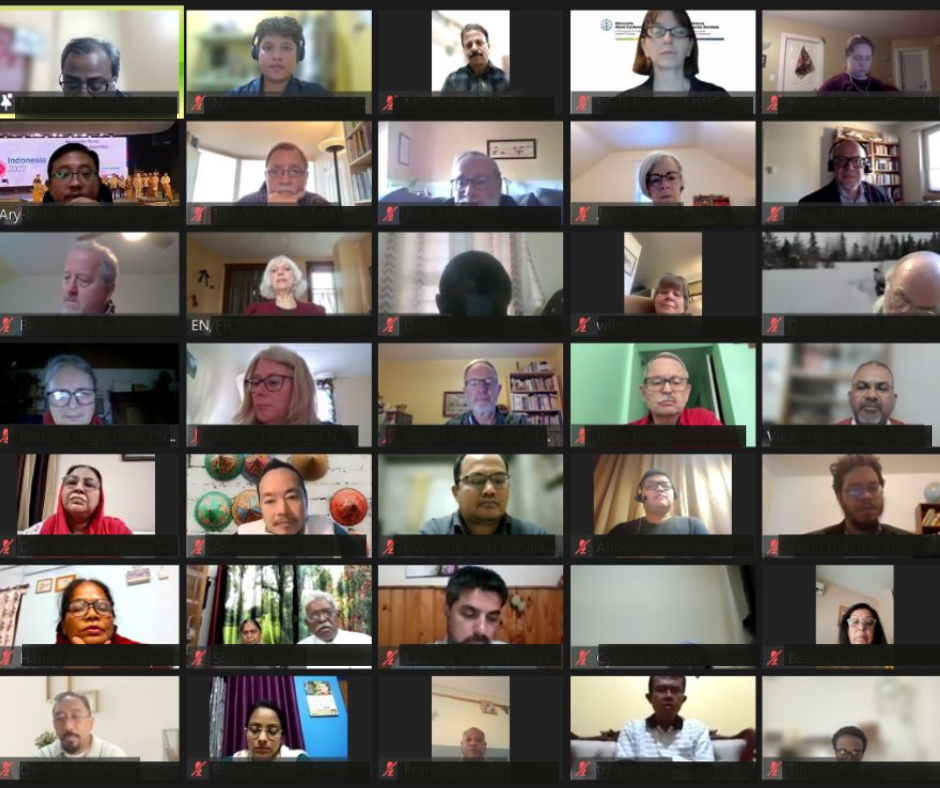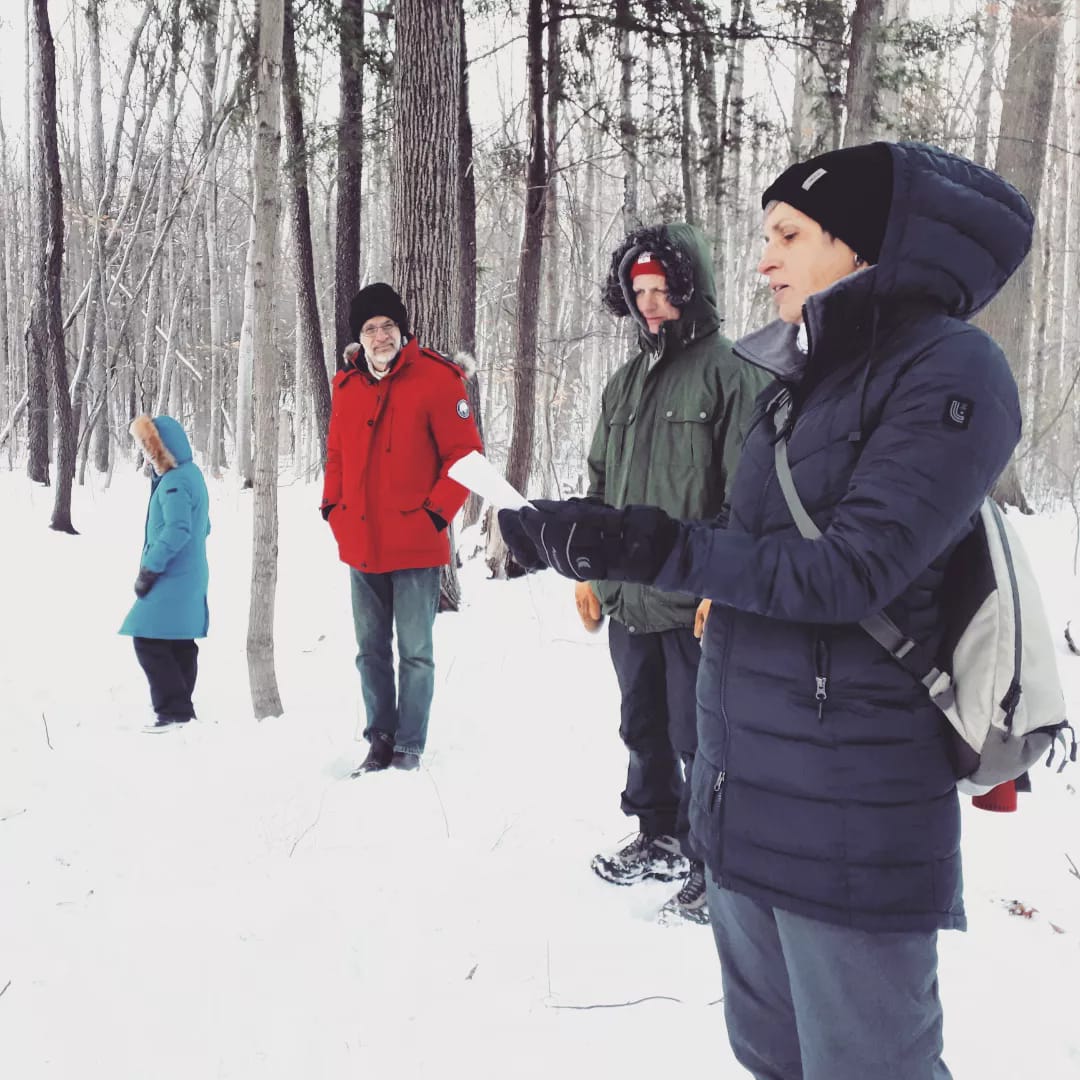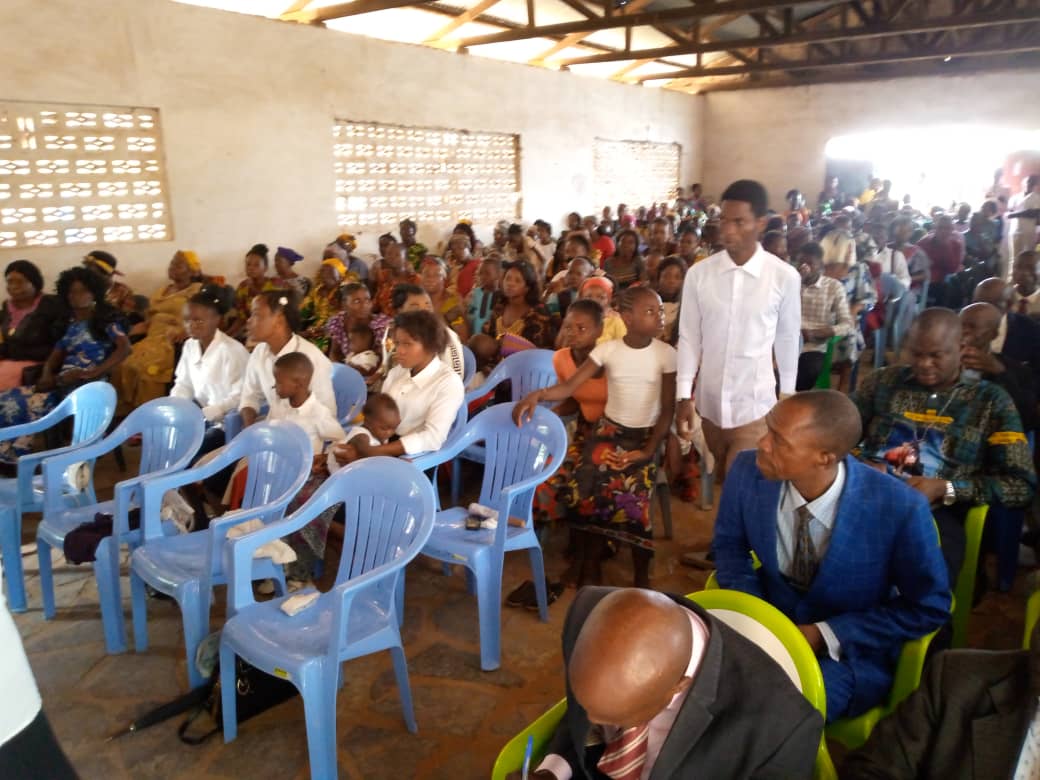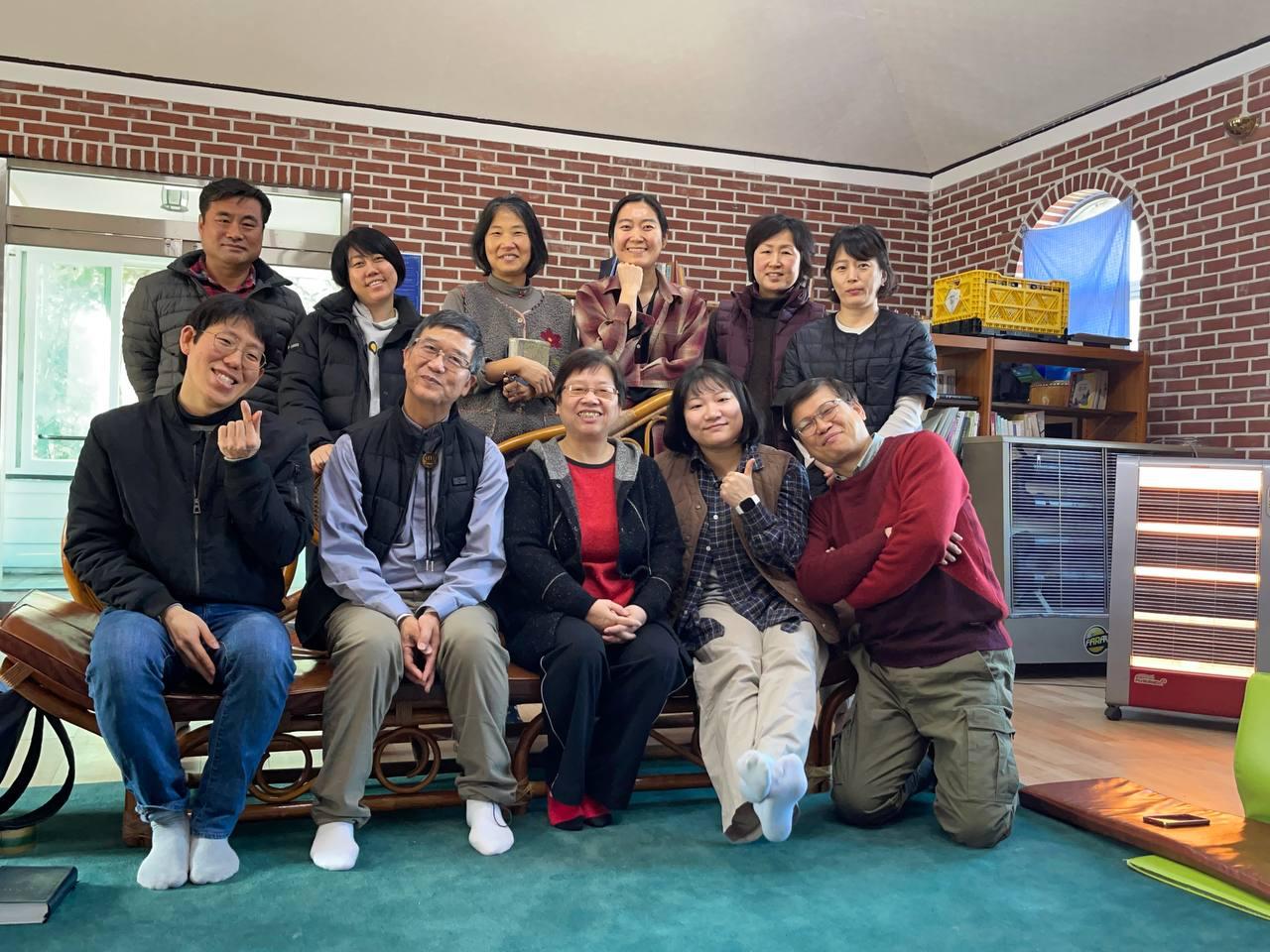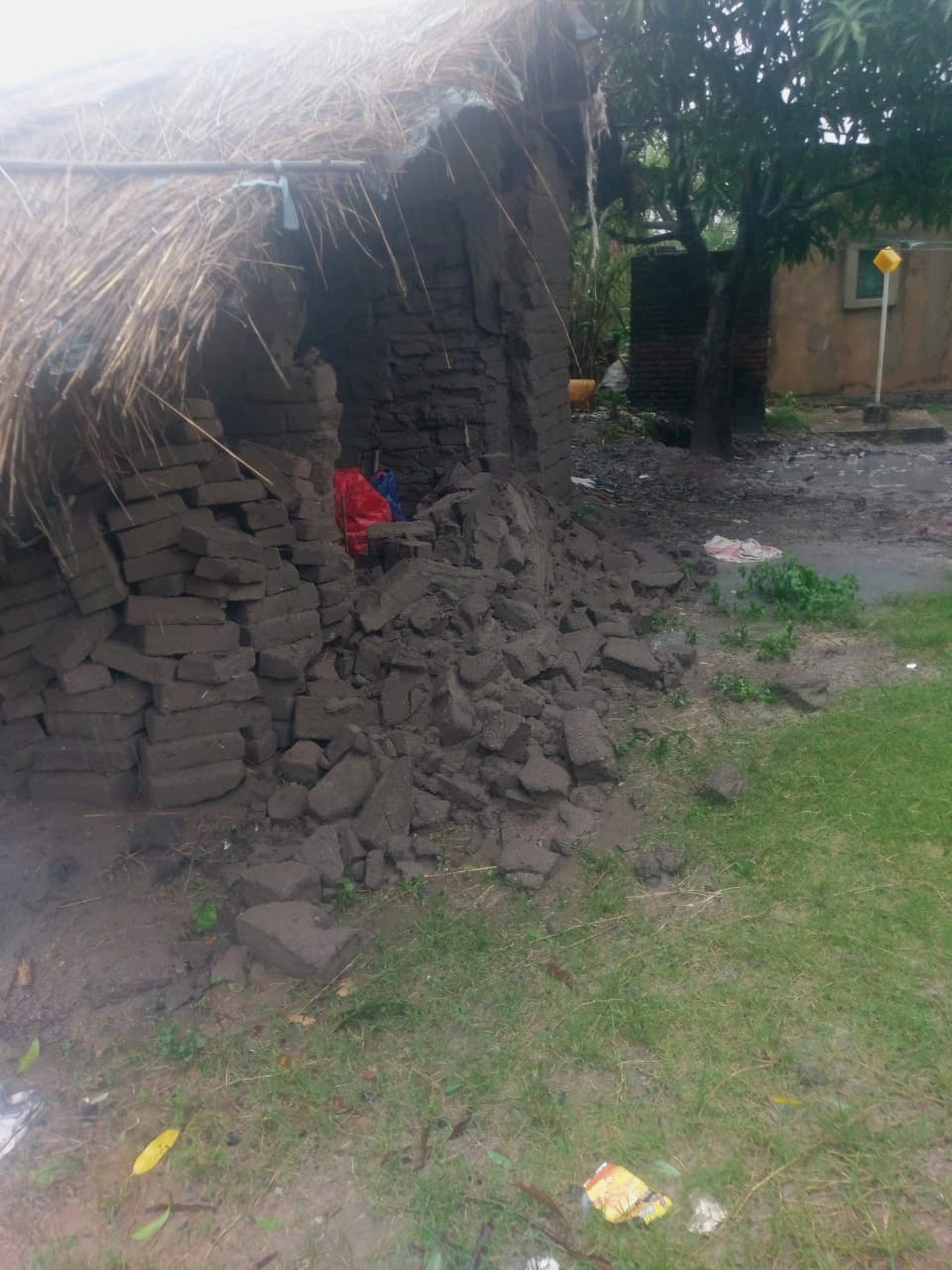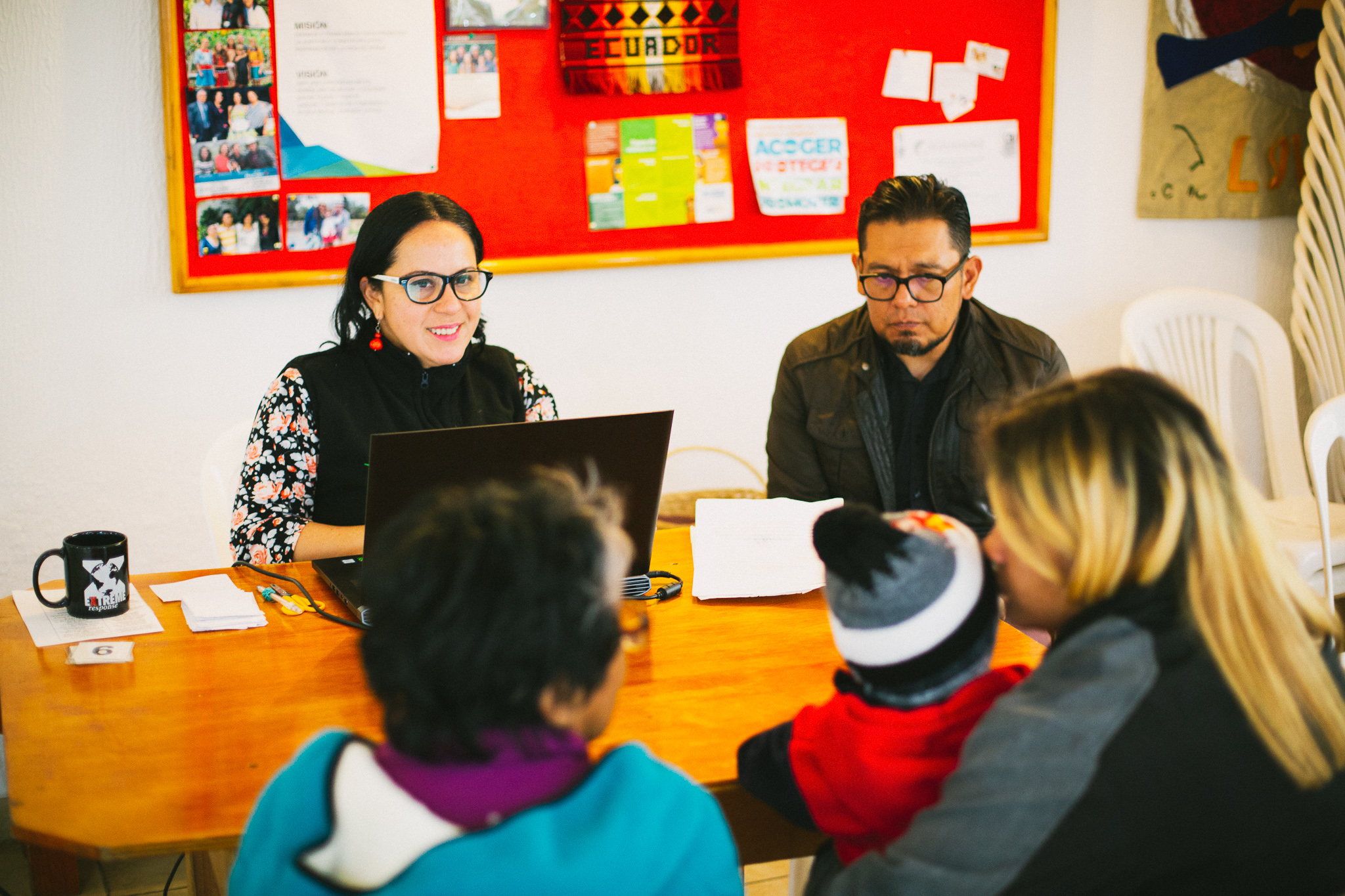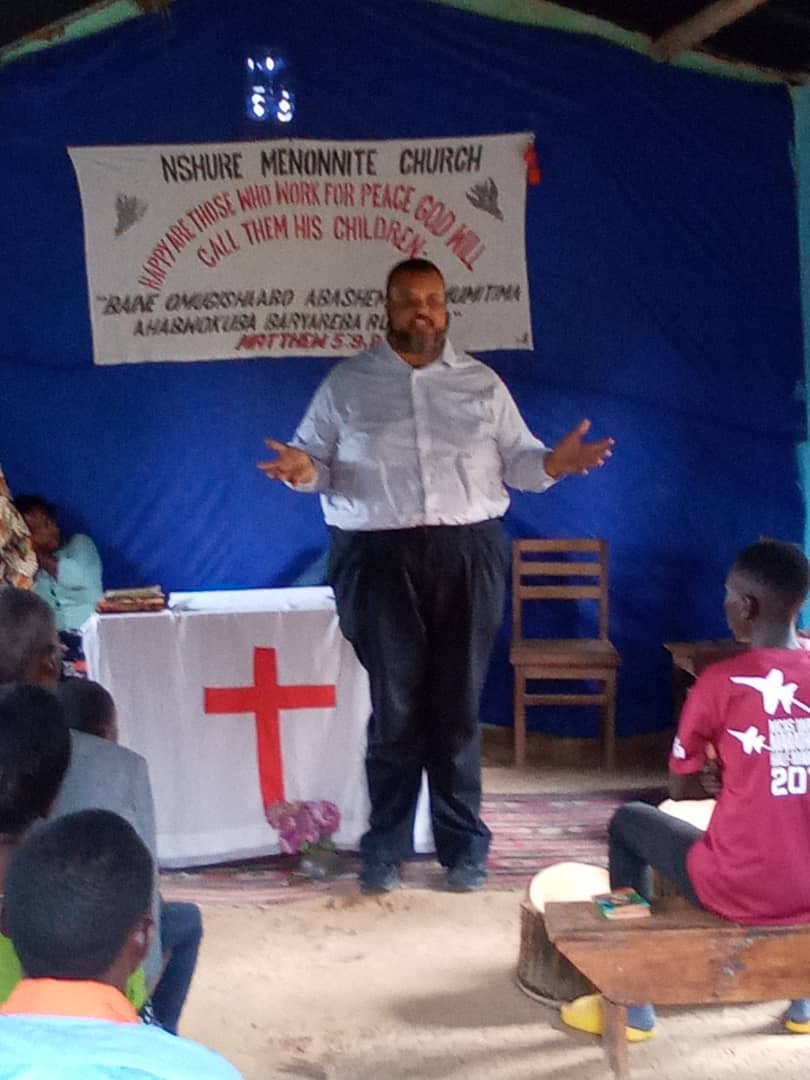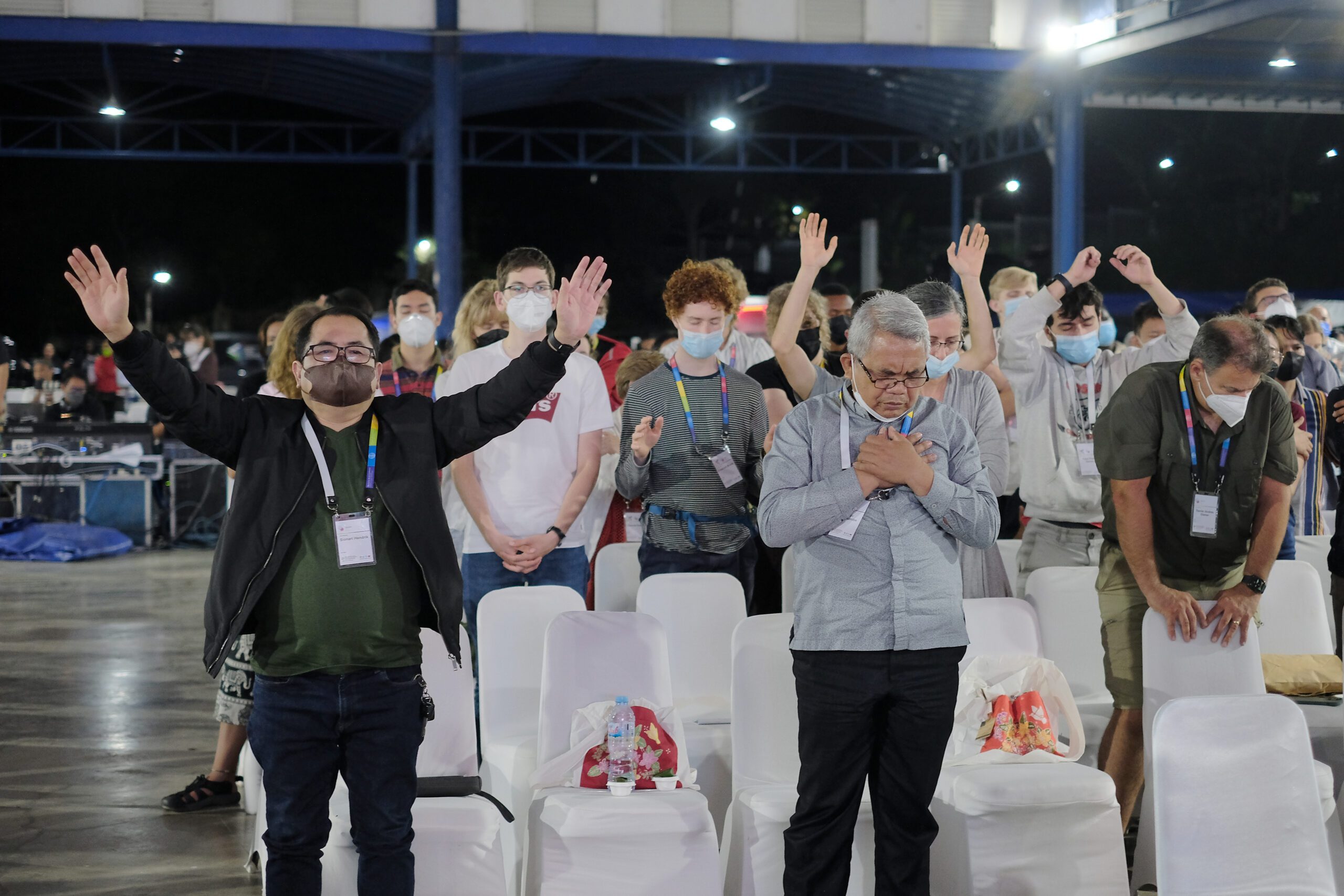-
Pacifism and nonviolence should be a way of life
In daily life, too, we need the ability to deal with conflicts in a healthy and peaceful way. In my opinion, it is one of the tasks of the churches to practice this and thus train nonviolence as a lifestyle. If you succeed in this, you are more likely to know how to react creatively and…
-
Graphic design and cooking pave the way to emotional resiliency
What do cooking and graphic design have in common? For Adi Nugroho, it’s never been about mastering either of these skills. Technical skills are simply the backdrop for developing emotional tools and creating a space for connection, even across cultures. When Adi’s host mom, Angela Opimi, was asked if she’d like to open her home
-
Call to prayer for Myanmar
On 30 March 2023, military aerial bombardment of a village in Chin State in Myanmar killed a dozen villagers including the pastor’s daughter and several members of MWC member church Bible Missionary Church. Many villagers were severely injured, including the local pastor. Please pray for solace for all those affected. Pray for an end to…
-
A lunch break in the presence of God
The “pause for prayer” at the Mennonite church of ChâtenayMalabry (Paris, France) was created in March 2021as part of the journey towards Easter in the midst of the COVID-19 pandemic. Initiated by our former pastor, Silvie Hege, it took the form of a weekly one-hour meeting by Zoom during the lunch break, from 12:30 to…
-
Reading lessons in creation
Then we read Scripture out under the open sky, it comes alive in new ways.
-
Always trust in God
May glory be given to the name of our Lord and Savior Jesus Christ for his good deeds. By the grace of God, in Congo the pandemic was not as cruel as it was under other skies. Aside from the hygiene lessons given regularly and generally by the political/ administrative and health authorities to the…
-
Journeying into the unknown, tasting goodness now
South Korea was very successful in its response to the pandemic, especially during the early stages. The virus was contained and death rates were low although the government refrained from issuing drastic measures such as lockdowns or business closures.
-
Cyclone Freddy impacts BIC churches in Malawi and Mozambique
Pray for Anabaptist-Mennonite church members in Malawi and Mozambique who are affected by Cyclone Freddy, an exceptionally long-lived tropical storm that battered the region for more than five weeks with heavy rains and high winds.
-
Following Jesus for real
Today, there are three national Mennonite churches in Ecuador, one of which is a member church of Mennonite World Conference. They form a small but interconnected group of churches living out Anabaptist faith in a largely Catholic country.
-
Renewal 2023
“By sharing the story of the global church, we can expand the concept of community. In the process of finding a Jesus-centred neighbourhood, not an ‘I’-centred neighbourhood, we can break down walls,” says Kkhot-Ip Bae. The Mennonite Christian from South Korea is the Asia representative on the YABs Committee. Join us in person or via livestream
-
A treasure of unity in the pearl of Africa
“MWC brings people from different cultural backgrounds together into one basket,” says Bishop Simon Okoth of Mennonite Church Uganda. A chance airport encounter allowed Simon Okoth to bring that cultural mixing to Mennonite congregations in his country. Departing Semarang after Assembly, Rashard Allen recognized Simon Okoth by his event lanyard. And Simon Okoth recognized Rashard
-
Unity with a purpose
According to our MWC vision, worship is one of the purposes of being one, of enjoying a global community of faith, of being a worldwide communion. In that sense, it follows the emphasis the book of Revelation gives to worship in a multicultural setting. The sentence “from every nation, from all tribes and peoples and…
